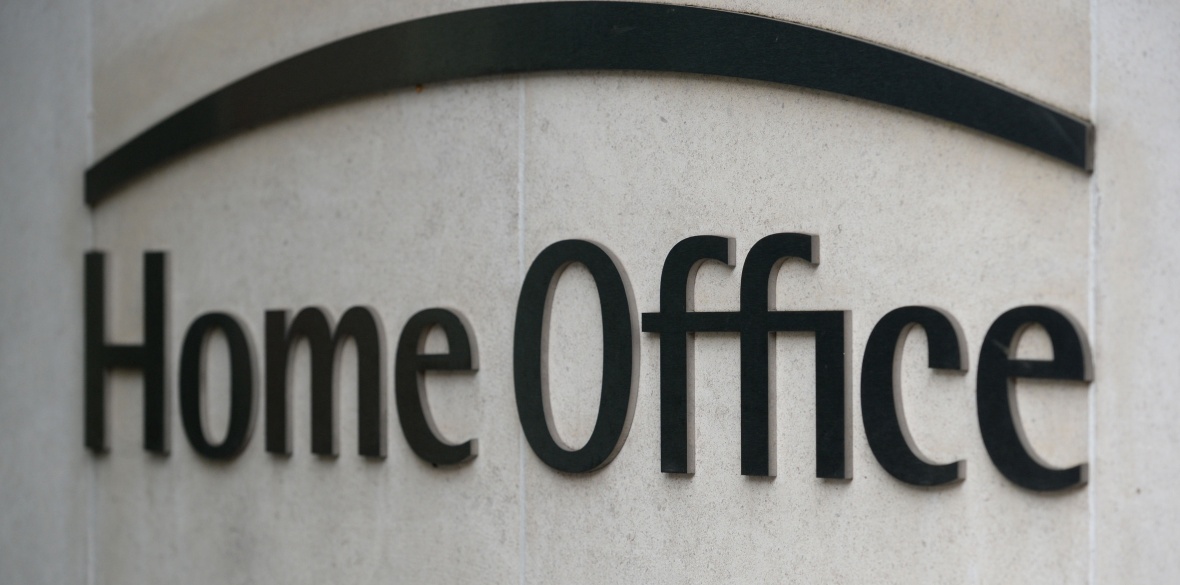This is the last article you can read this month
You can read more article this month
You can read more articles this month
Sorry your limit is up for this month
Reset on:
Please help support the Morning Star by subscribing here
TO PREVENT legal challenges, the Home Office refused to provide a proper explanation to children whose asylum claims were rejected and then misled the High Court about why.
The Court of Appeal declared today that the speeded-up process to assess unaccompanied asylum-seeking children as the French authorities prepared to demolish the Jungle refugee camp at Calais in 2016 was unlawful.
Lord Justice Singh said the process, by which about 750 children were taken in by Britain, was procedurally unfair as those youngsters turned down were only given “sparse” reasons for their applications’ rejections.
He said the lack of detail meant those rejected had “no realistic prospect of being able to challenge the decision” and he added that the Home Office had recorded more detailed reasons for rejections, but this information “was not conveyed to the children at any time. It could have been.”
The judge also blasted the Home Office for a “serious breach of the duty of candour and co-operation,” which he found was not deliberate but nonetheless meant that significant evidence was not put before the High Court when it ruled the process to be lawful last September.
Emails disclosed in a separate case included one from France’s deputy director of asylum Florian Valet to the Home Office in December 2016 complaining about a spreadsheet that contained the sparse reasons for rejection.
Cameron Bryson, an assistant director of Border Force, forwarded the email to colleagues, including those giving evidence in this case, and added that he told Mr Valet that “our legal department had advised against full disclosure because of the risk of [legal] challenge.”
Lord Justice Singh said the “most serious omission” was the failure of those giving evidence to admit that the threadbare reasons for the youngsters’ rejection was “not because of the urgency nor because the French authorities demanded that … but that the British authorities did not wish to give more reasons.”
Sonal Ghelani, from the Islington Law Centre, said: “It is extremely disturbing that these emails show the government was advised by the Home Office’s own lawyers to act unfairly and unlawfully, in order to avoid legal challenges by the children concerned.”
Beth Gardiner-Smith from Citizens UK’s Safe Passage programme said: “Tragically, many of the children that were refused by the government with no good reason have since gone missing from French authorities’ care and we have little to no information on their whereabouts or wellbeing.
“Today’s judgement reveals not only the failure of the Home Office to comply with law but also its abysmal disregard for the safety and welfare of incredibly vulnerable children.”
A Home Office spokesman said: “The court agreed that the process operated by the government was outside of its existing obligations under EU law. However, we note the criticisms contained within the wider ruling and are currently reviewing these with our legal team.”







